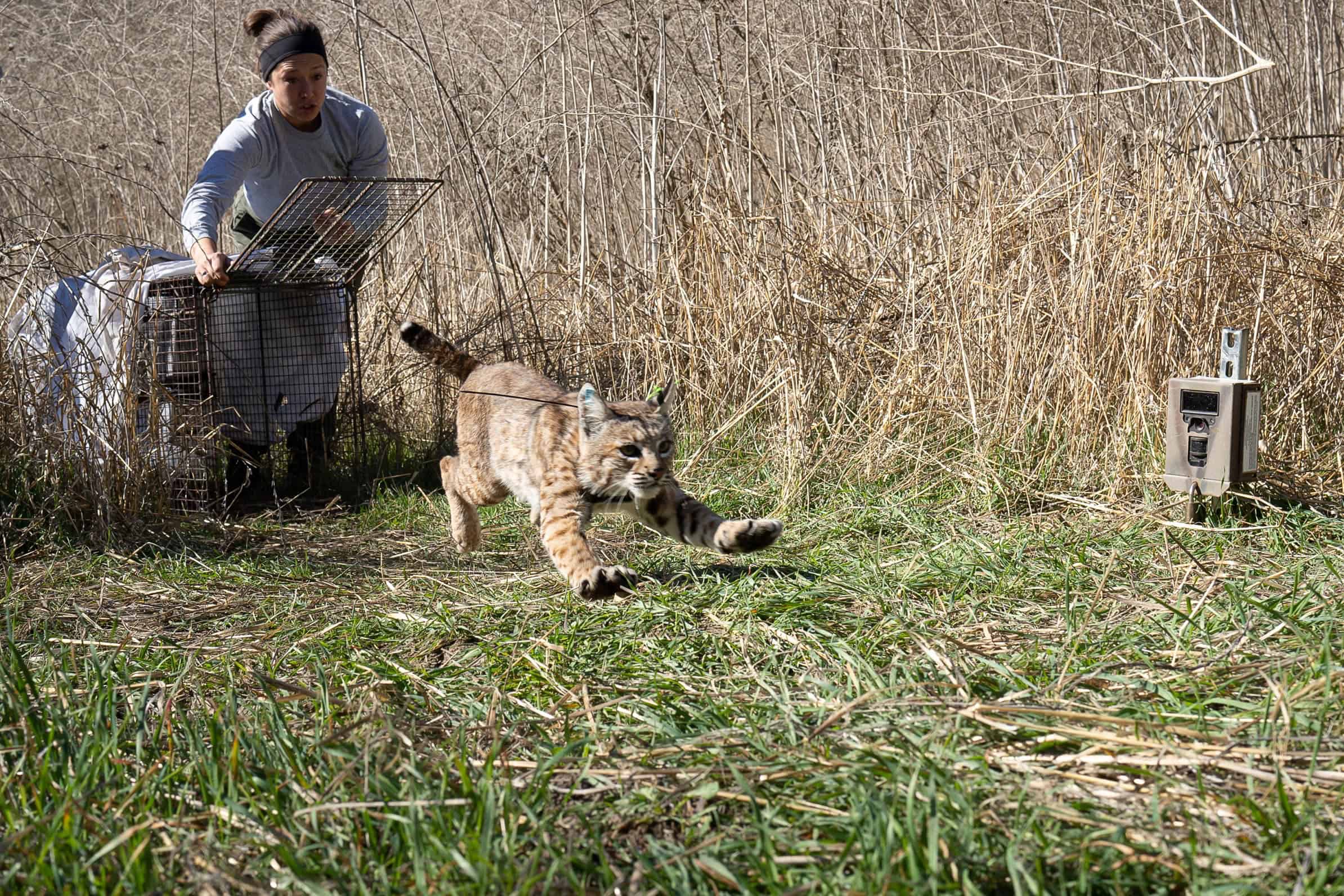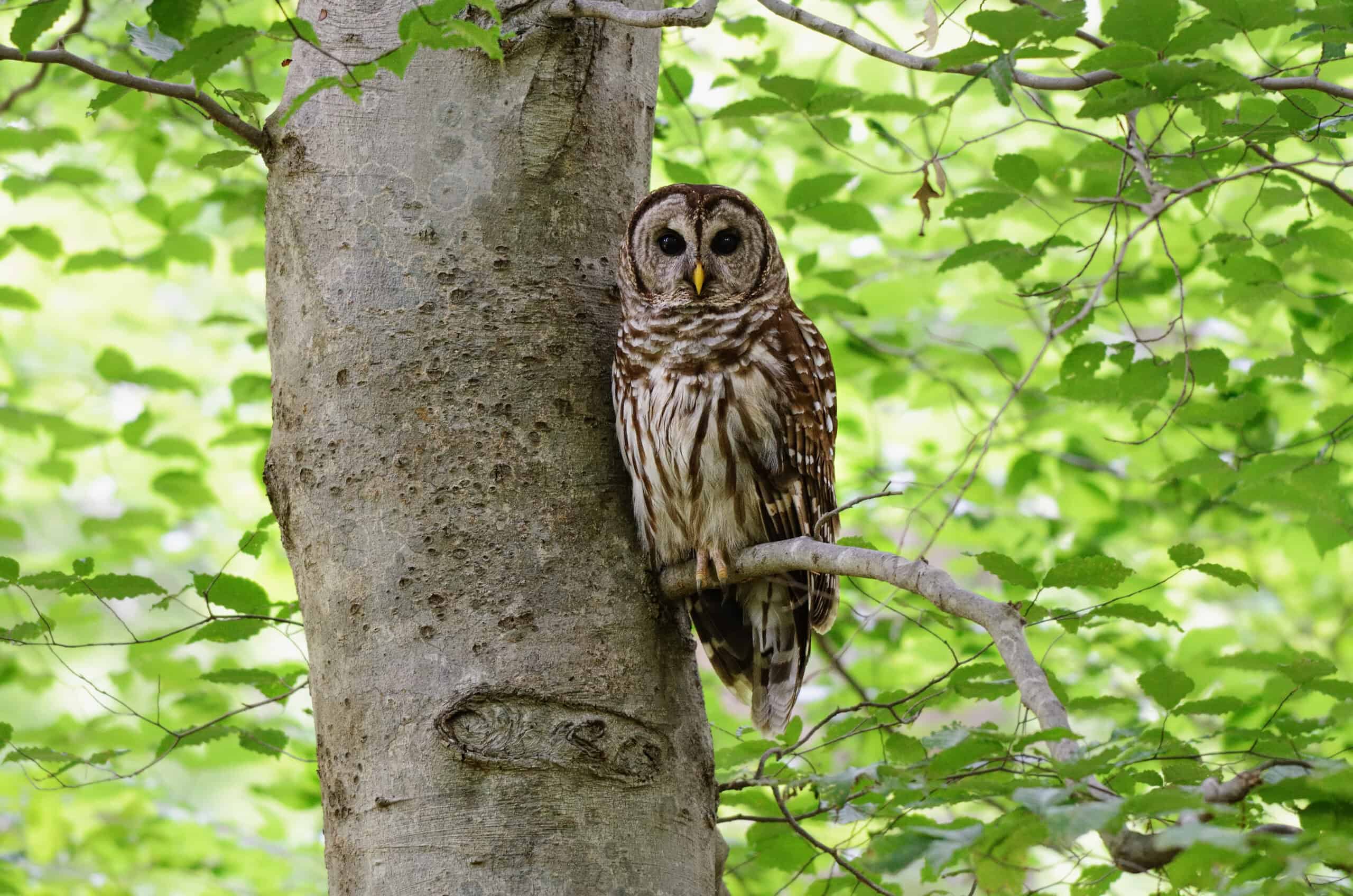Share this article
New legislation would establish system of wildlife corridors
Legislation introduced earlier this month by Sen. Tom Udall, D-N.M., and Rep. Don Beyer, D-Va., would establish a “National Wildlife Corridors System.” If passed into law, the bill would strive to ensure native wildlife can continue to migrate and move throughout the landscape in light of decreasing suitable habitat and increasing fragmentation.
The Wildlife Corridors Conservation Act of 2018 (S. 3715/H.R. 7232) would give the Department of the Interior the ability to work with agencies, states, tribes and landowners to develop and designate wildlife corridors around the country. It would also create a publicly accessible wildlife connectivity database to support data collection and collaboration between states, tribes and federal agencies.
The legislation would establish a national coordination committee to oversee the corridor program and regional wildlife movement councils that will develop regional wildlife movement plans and identify priority areas for corridors. The national committee would also coordinate a grant program to fund priority projects, funded by a $50 million annual appropriation from Congress.
The bill also contains provisions to address the harm to wildlife and public safety threats to the public from roadways that cross wildlife corridors through the use of wildlife overpasses and underpasses and other strategies.
To provide funding for the development and management of wildlife corridors, the bill would establish the Wildlife Corridors Stewardship and Protection Fund, to be managed by the National Fish and Wildlife Foundation and funded through donations.
The need for wildlife corridors is clear and has garnered the support of not just Congress members, but eminent biologists like E.O. Wilson, who supports the legislation. Earlier this year, Interior Secretary Ryan Zinke signed Secretarial Order 3362, which focused on maintaining and conserving migration route corridors for elk, mule deer and pronghorn antelope in 11 Western states. Wyoming has also been working to protect a key ungulate migration corridor.
Beyer first introduced the bill in December 2016, during the last Congress, but it never moved out of committee. Congress adjourns for the year shortly, meaning it is not likely to act on the new legislation, although sponsors will likely reintroduce it again next year.
Header Image: Pronghorn (Antilocapra americana) have one of the longest migrations in North America. ©USFWS








